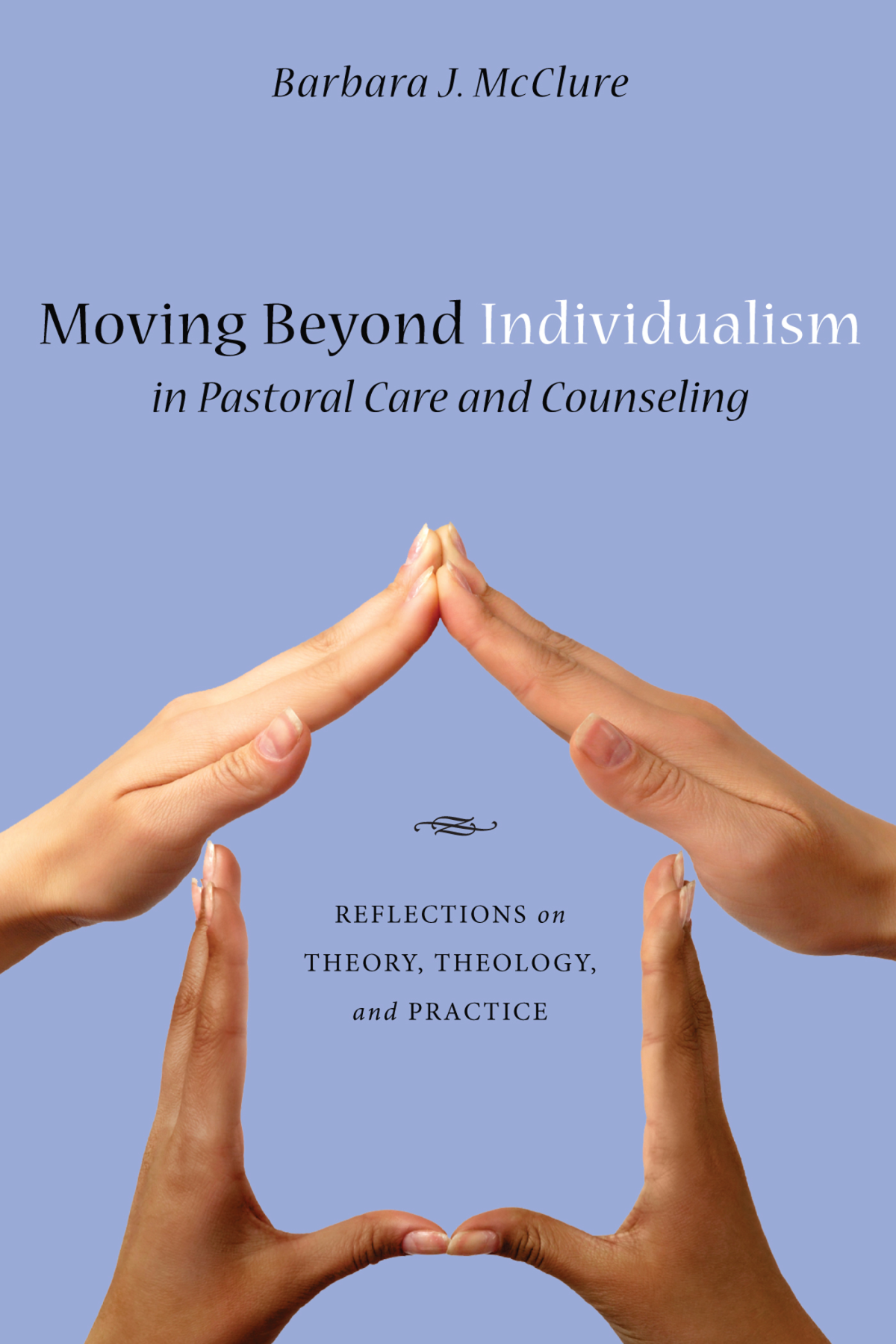

Most ebook files are in PDF format, so you can easily read them using various software such as Foxit Reader or directly on the Google Chrome browser.
Some ebook files are released by publishers in other formats such as .awz, .mobi, .epub, .fb2, etc. You may need to install specific software to read these formats on mobile/PC, such as Calibre.
Please read the tutorial at this link: https://ebookbell.com/faq
We offer FREE conversion to the popular formats you request; however, this may take some time. Therefore, right after payment, please email us, and we will try to provide the service as quickly as possible.
For some exceptional file formats or broken links (if any), please refrain from opening any disputes. Instead, email us first, and we will try to assist within a maximum of 6 hours.
EbookBell Team

4.8
44 reviewsDespite astute critiques and available resources for alternative modes of thinking and practicing, individualism continues to be a dominating and constraining ideology in the field of pastoral psychotherapy and counseling. Philip Rieff was one of the first to highlight the negative implications of individualism in psychotherapeutic theories and practices. As heirs and often enthusiasts of the Freudian tradition of which Rieff and others are critical, pastoral theologians have felt the sting of his charge, and yet the empirical research that McClure presents shows that pastoral-counseling practitioners resist change. Their attempts to overcome an individualistic perspective have been limited and ineffective because individualism is embedded in the field's dominant theological and theoretical resources, practices, and organizational arrangements. Only a radical reappraisal of these will make possible pastoral counseling practices in a post-individualistic mode. McClure proposes several critical transformations: broadening and deepening the operative theologies used to guide the healing practice, expanding the role of the pastoral counselor, reimagining the operative anthropology, reclaiming sin and judgment, nuancing the particular against the individual, rethinking the ideal outcome of the practices, and reimagining the organizational structures that support the practices. Only this level of revisioning will enable this ministry of the church to move beyond its individualistic limitations and offer healing in more complex, effective, and socially adequate ways.